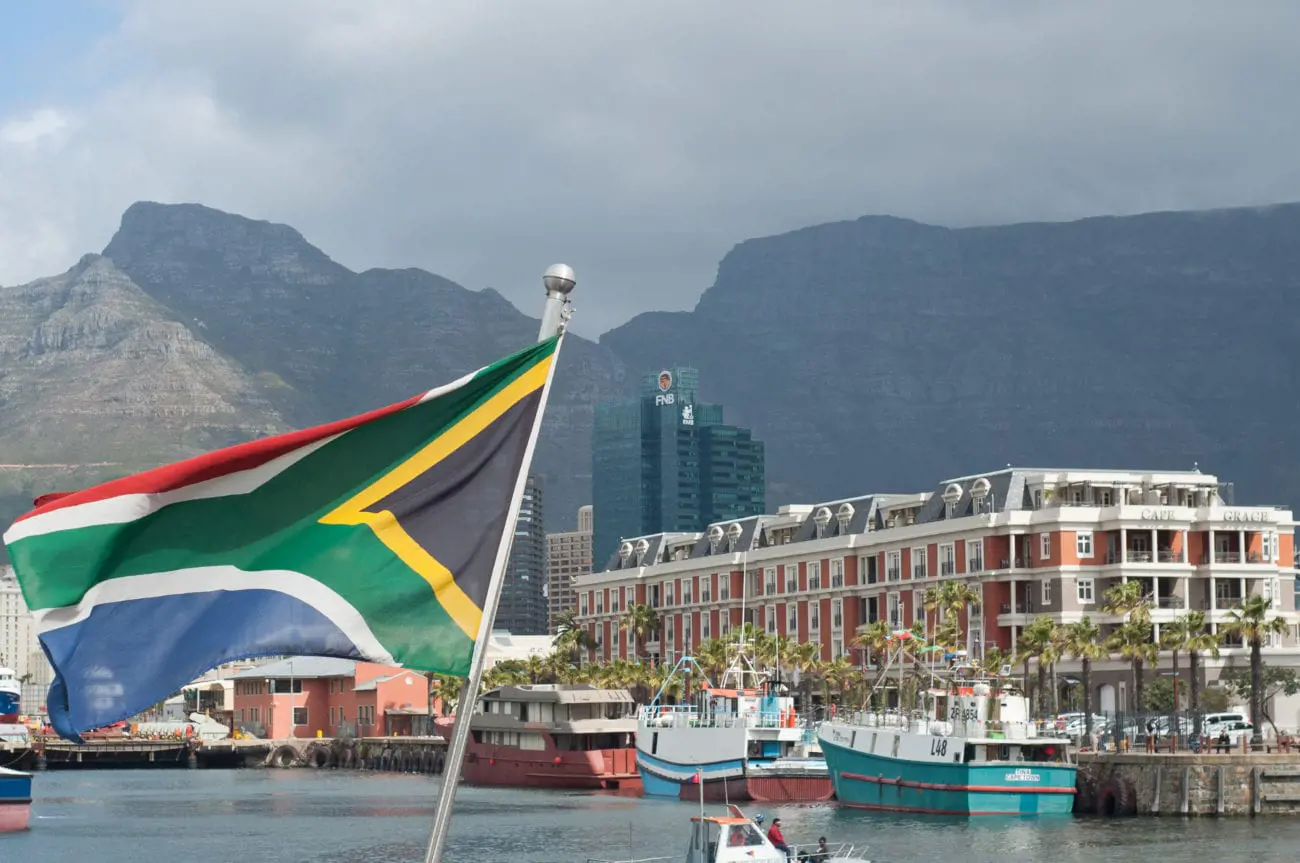

The Democratic Alliance, the official opposition to the ruling African National Congress (ANC) in South Africa, has introduced a new bill aiming to regulate remote gambling in the country.
The Remote Gambling Bill (B11-2024) sets out a host of rules in South Africa. These include a new licensing system, proposed regulations for operators and protection measures to help prevent gambling related harm.
South Africa is without regulation when it comes to online gambling, despite a bill being on the table since 2008. The National Gambling Amendment Act, which regulated online gambling, was assented to by the president 16 years ago. However, the bill remains unsigned.
By introducing the new bill, the Democratic Alliance says this will fill a “legal gap” within the gambling industry. The party adds the bill took two years to construct and finds the “perfect balance” between protection, regulation and administration.
“By not regulating this gambling activity, the erosion of the rule of law and criminal activity is being encouraged, while the public is not effectively protected as they are when using land-based gaming operations,” the Democratic Alliance said.
“At the same time, a lack of regulation is resulting in revenue worth billions of rand and jobs being lost to other gambling jurisdictions.
“The ANC government has shown, over these 16 years, that it has no intention of protecting players and the industry from criminal elements. We have therefore taken it upon ourself to ensure adequate protection by means of introducing this private member’s bill.”
What does the Remote Gambling Bill propose?
Taking a closer look at the bill, it sets out the three types of licences. These include a remote gambling operator licence, a manufacturer, supplier of maintenance provider licence and an employment licence.
All licence applications can be sent to provincial licensing authorities. However, the National Gambling Board will have the final say on issuing licences. Provincial authorities will also support the board by monitoring activity and taking action over any unlawful operations.
Licences will be made available to all parties, including those who already hold other types of gambling licences in South Africa. All applications will be reviewed in depth before any decision is made.
The bill also notes that licences can be suspended or even withdrawn if the holder breaches their licensing conditions. Holders can also apply to surrender their licence or transfer it to another party. Such requests would be at the discretion of the board.
No information was set out as to how much licences will cost. The bill also did not make reference to tax rates for online gambling.
As for other regulations, remote gambling would only be available to those aged 18 or over in South Africa.
Operators would not be permitted to extend any credit to players, while consumers could opt out of gambling via a self-exclusion scheme. As a further protection measure, licensees should offer players access to other responsible gambling tools including deposit limits.
Advertising would also be governed by a strict set of rules. These include online gambling adverts must not misleading and should include responsible gambling messaging.
What are the bill’s chances?
Since the end of apartheid in 1994, the ANC has dominated the political landscape in South Africa. It is the ruling party in the national legislature and in eight of nine provinces, with the exception of Western Cape that is governed by the Democratic Alliance.
However, the situation could change during the upcoming national and provincial elections on 29 May.
Polling suggests the ANC could fall below the 50% mark, meaning it will not hold a majority in parliament. As such, it will no longer be able to automatically pass or reject legislation at its own will. This could improve the chances of the new Remote Gambling Bill passing.
“It is bills like the Remote Gambling Bill which are vital to protect the most vulnerable people,” the Democratic Alliance said. “With the ANC below 50%, we can say that this will be the first of many bills introduced to rescue South Africa.”